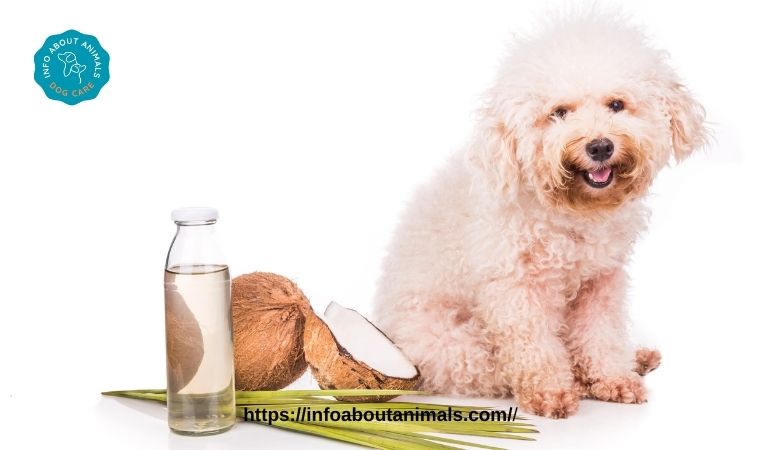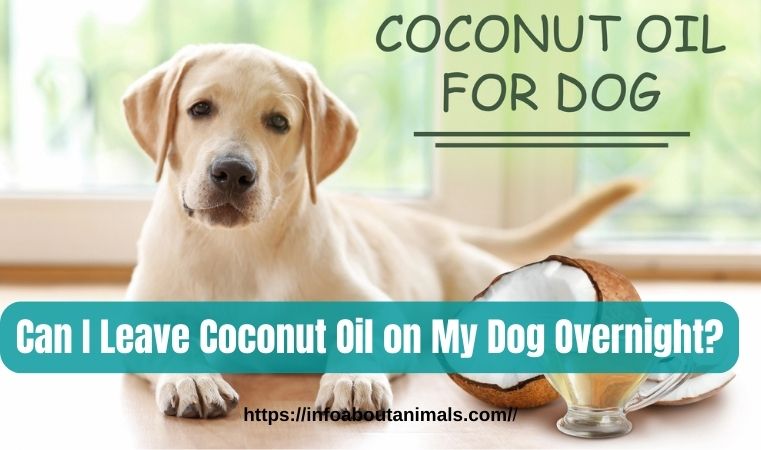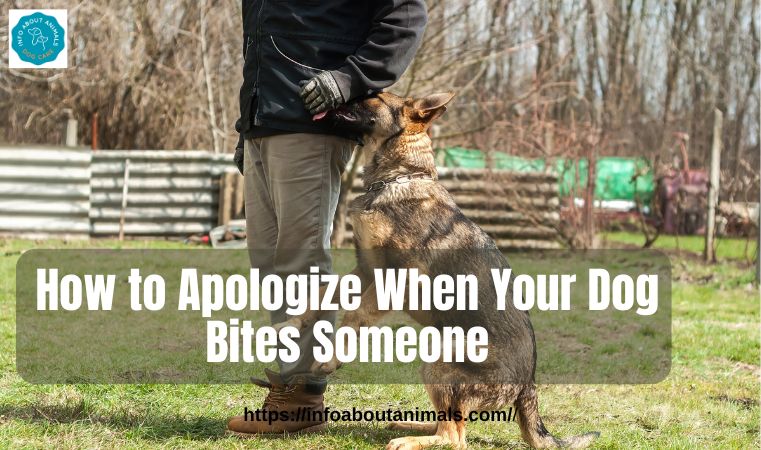Can I Leave Coconut Oil on My Dog Overnight? As pet owners, there is always a quest to keep those furry babies healthy and happy in the most natural way. Coconut oil is much hyped for its enormous health benefits not only in humans but also in pets.
Recently, several people have incorporated coconut oil into their diets, including oil supplements. Preliminary studies show that it may help people gain health benefits, including an increase in immunity, proper weight loss, and an anti-inflammatory effect. It can also improve some cognitive functions in those affected by Alzheimer’s disease. The nature of the health benefits it has is a matter of debate by experts.
One common question arises: “Can I leave coconut oil on my dog overnight?” This comprehensive guide looks at the advantages and precautions related to the surfacing methods of killing fungus on coconut oil dogs and which ones can be utilized when needed.
The Science of Coconut Oil
Coconut oil is primarily fat, and over 90% of its content is Other food sources of MCTs, including butter, yogurt, milk, cheese, and palm kernel oil.
MCTs: What Are They?
MCTs are considered “good” fatty acids and are usually present in this group of food products when consumed in appropriate amounts. It possess several health benefits, including the reduction of skin inflammation. They are rapidly metabolized and serve as a quick source for supplying the body’s energy needs. They can increase brain function, lower cholesterol, and are antifungal and antimicrobial in coconut oils.
Besides, several prospective advantages make MCT an exciting subject for nutritional researchers. From rapidly enhanced energy, this is quite helpful to athletes. It also benefits those who want to get their energy instantaneously. Besides the benefits to the skin regarding the anti-inflammatory benefits, it also offers protection against infections and fungi.
Even though it has such promising features, coconut oil and MCTs are not to be consumed in excess, but just like anything good—a part of a balanced diet. We are still on course to better understand their full effect and how these fats correlate with general well-being regarding potential health benefits.
Benefits of Coconut Oil for Dogs
Before addressing the question, “Can I leave coconut oil on my dog overnight?” let us consider why you might have thought about putting coconut oil on your dog first. Coconut oil is famous for its antimicrobial, antifungal, and moisturizing nature. It contains lauric acid, which emerged in simple media over the ages as an antibacterial and antiviral candidate.
Benefits of Coconut Oil
Feeding dogs a little coconut oil may be beneficial for some internal purposes. For instance, the most significant MCT in coconut oil accounted for lauric acid, which is proven to have antiviral, antifungal, and antibacterial side effects. Other antifungal effects come from the coconut oil’s capric and caprylic acids. Notwithstanding, this oil also contains monounsaturated and polyunsaturated fatty acids that are helpful for the brain and reduce cholesterol levels. Some studies point to the possibility of coconut oil relieving dog symptoms regarding weight, mental issues, digestion, and cognitive performance.
Yet, it is still essential to have pet visits related to integrating coconut oil into their diet; speak to your veterinarian about this. A reliable scientific finding is not abundant on the fact that coconut oil and its impacts on continuous health are viable in canines; different veterinary opinions might consider the relevancy and generalizability. Indeed, while coconut oil is purported to cure some ills driven through digestion, it causes stomach upset or diarrhea instead of acting to aid in digestion.
Also, coconut oil contains no essential fats a dog needs in its everyday diet. Neither omega-6 nor omega-3 are in adequate supply in the MCTs of coconut oil, and the small amounts there are poorly absorbed. Also, there are claims that MCTs are protective against fungi, viruses, and bacteria. However, lauric acid does kill germs in Petri dishes. However, the evidence is still indecisive that MCTs can be supplemented or added in large enough quantities to a dog’s diet to have a significant protective effect.

Can I Leave Coconut Oil on My Dog Overnight?
We come to the final and ultimate question: “Can I leave coconut oil on my dog overnight?” The answer, generally, is yes; however, a few conditions are put in. This would help with further benefits imparted to skin and coat health when left on your dog overnight. But here are a few things to bear in mind:
Skin Sensitivity:
In some dogs, coconut oil may irritate the skin or cause sensitivities, especially if they have allergies. Thus, a minimal amount should be dabbed on the skin before administering oil to the entire body. Put a tiny amount of coconut oil on a small area and watch for signs of irritation.
Proper Application:
Coconut oil must be applied first before leaving it in your dog overnight. Rub a small quantity of this onto the skin and fur of your dog, focusing on the areas where problems occur more than others. Avoid amounts, mainly because they make the fur greasy and attract dirt.
Prevent Licking:
Dogs are lickers, and although a bit of licking isn’t bad, too much of a good thing may cause gastrointestinal upset in your dog. You may want to use an Elizabethan collar cone to help prevent your dog from licking off all that excellent oil.
Bed protection:
Coconut oil may stain fabric, so if you keep it overnight, ensure that an old towel or blanket covers the dog’s bedding so the staining doesn’t affect your bedding.
Read Also: How To Get a Dog Unstoned at Home?
Ways to Apply Coconut Oil to a Dog
The proper application is critical when asking, “Can I leave coconut oil on my dog overnight?” Here are the appropriate steps for putting on coconut oil:
Choose the Right Coconut Oil:
Use organic, extra-virgin coconut oil because it takes on more worth than its other refined versions.
Patch Test with Coconut Oil:
As previously stated, only a small quantity should be applied to a very minor area, and wait for anything suspicious to appear within 24 hours.
Clean the Area:
The area has to be cleaned before applying the coconut oil. It should not have any dirt or small particles lying on it. You can gently clean the area with a damp cloth.
Small Amount Only:
Scoop only a little amount of coconut oil and rub it in your hands to warm or soften it. Rub it gently through your dog’s skin or coat.
Problem Areas:
Pay closer attention to problem areas: dry patches, hot spots, and paws.
Leave it Overnight:
Apply Coconut oil and leave it on overnight. Ensure the dog is okay with it, though licking can sometimes be prevented using the cone of shame.
Morning Rinse:
If you think the fur is a bit oily in the morning, rinse this out with excess light dog shampoo.
Potential Risks and Precautions
While not toxic to dogs, precautions must be taken for certain dangers that might arise when coconut oil is used, particularly concerning leaving it on at night.
Allergic Reactions:
Some dogs may only be allergic to coconut oil. If there is any skin redness, swelling, or itching, suspend usage and consult a veterinarian.
Gastrointestinal Upset:
If your dog licks off too much coconut oil, it can cause stomach upset, diarrhea, or vomiting. Constantly monitor your dog and use a cone if needed.
Weight Gain:
Coconut oil is calorie-enriched. Use it too much, and it will undoubtedly add weight. Please take it in limited weights and monitor the weight of your dog.
Slippery Surfaces:
Watch out if your dog has applied the oil and is walking around. Coconut oil can make the floors slippery, which means there is still a chance that potential injuries can occur.
Alternatives to Overnight Application
If you are nervous to leave it on overnight or for such an extended period, take some time to think about the following:
Shorter Application Periods:
Apply coconut oil for several hours only and not overnight. This can still contribute to beneficial effects without the risk of excessive licking or staining.
Topical Treatments:
Apply coconut oil locally to problem areas instead of covering the area with huge massages. This reduces the quality of oil consumption one would indulge in, and it also brings in chaos.
Adding to Diet:
Coconut oil can also be administered as an oral supplement. Work slowly into it—a little (for example, a quarter teaspoon for small dogs and one teaspoon for bigger dogs)—increasing gradually by your dog’s tolerance. Always consult your veterinarian before giving any supplements to your dog.
Conclusion: Can I leave coconut oil on my dog overnight?
“Can I leave coconut oil on my dog overnight?” The short answer is probably yes, but taking precautions is necessary—so many benefits of using coconut oil for your dog’s health, skin, and coat.
However, proper monitoring should ensure your dog doesn’t develop any side effects, licking is prevented, and its bedding is free of oil stains. Follow sensible application practices, seek alternatives, and always ensure you can safely integrate coconut oil into your dog’s care routine.
Finally, always defer to your veterinarian when you need any advice or recommendations regarding your dog.
References:
- Maharaj, N. (2024, January 16). Coconut Oil for Dogs: Is it Really Good for Them? American Kennel Club. https://www.akc.org/expert-advice/health/coconut-oil-dogs/
- Morrison, B. J. (2024, May 10). Coconut Oil for Dogs. PetMD. https://www.petmd.com/dog/general-health/coconut-oil-for-dogs
- Lesser, J. (2023, October 2). 5 Uses of Coconut Oil for Dogs. The Spruce Pets. https://www.thesprucepets.com/coconut-oil-for-dogs-4582549
- Rd, B. E. (2020, February 6). Is Coconut Oil Good or Bad for Dogs? The Surprising Truth. Healthline. https://www.healthline.com/nutrition/coconut-oil-for-dogs






